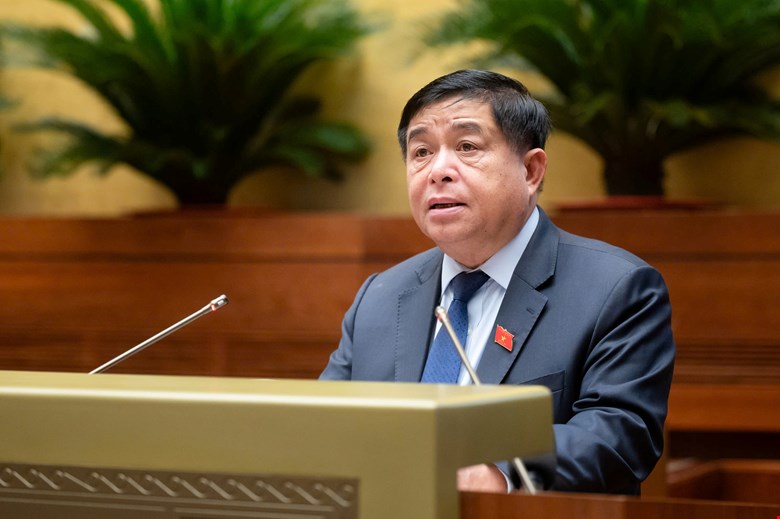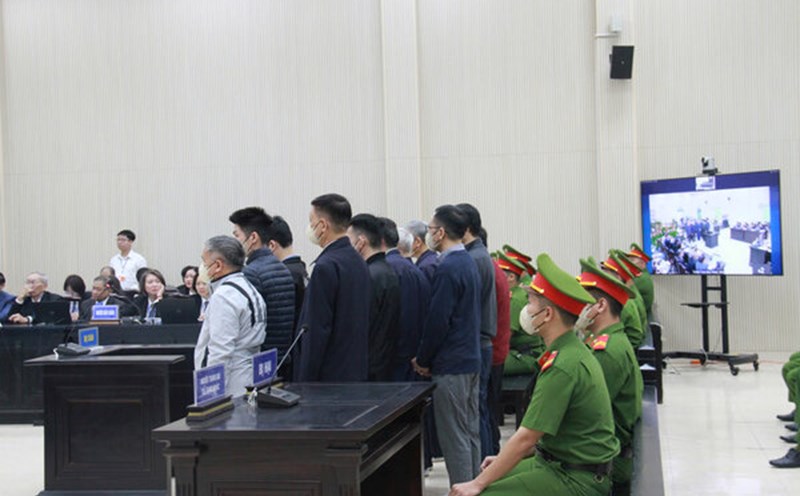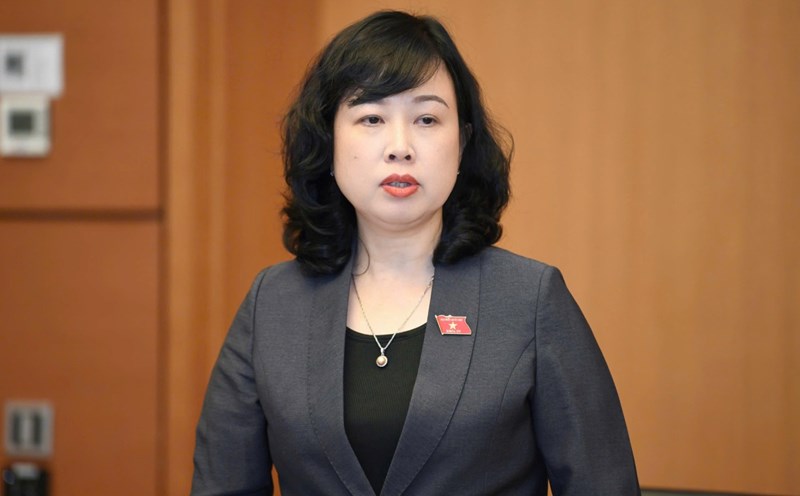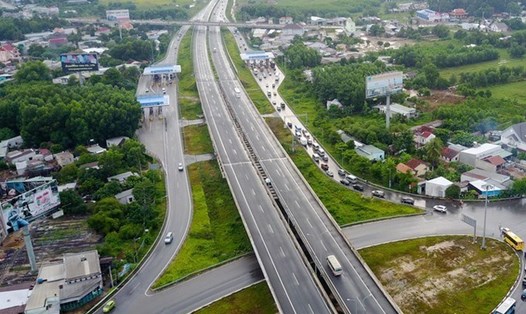This morning (October 30), continuing the 8th Session, Minister of Planning and Investment Nguyen Chi Dung presented the Proposal on the draft Law amending and supplementing a number of articles of the Law on Planning, the Law on Investment, the Law on Investment under the public-private partnership model and the Law on Bidding.
Regarding the amendment of the Law on Investment under the Public-Private Partnership (PPP) method, Minister Nguyen Chi Dung said that this Law amends a number of contents in the direction of encouraging the implementation of the PPP method for all projects in the public investment sector to provide public products and services, except for projects in the State monopoly sector or projects in the fields of national defense, security, and social order and safety.
Abolish the limit on minimum investment capital to implement PPP projects; assign ministries, branches and localities to consider and take responsibility for deciding on the selection of projects suitable to the needs and implementation conditions of investors.
Continue to apply the BT contract type of payment in cash and payment by land fund in the direction of comprehensively innovating the implementation and payment methods for investors, maximally overcoming the shortcomings in the implementation of this type of contract.
Add a type of BT contract that does not require payment to apply to infrastructure works and public service provision projects that investors propose to build and transfer to the state without requiring payment for construction investment costs.

Regarding the process and procedures for implementing PPP projects, Minister Nguyen Chi Dung said that he has added procedures to shorten and simplify the content of pre-feasibility and feasibility study reports for: group B and group C projects and projects that do not use state capital or BT projects that do not require payment.
Allows for multiple procedures to be performed simultaneously to shorten project preparation time.
For projects using public investment capital in PPP projects, it is allowed to establish and appraise technical designs and estimates simultaneously with the process of selecting investors; after signing the contract, the PPP project enterprise will organize the establishment of construction drawing designs.
Decentralize the authority to decide on investment policies for PPP projects, approve PPP projects, and supplement costs for preparing and implementing PPP projects to synchronize with public investment projects according to the draft Law on Public Investment.
Examining this content, Chairman of the National Assembly's Economic Committee Vu Hong Thanh said that expanding the PPP investment sector and lowering the minimum scale or abolishing regulations on minimum scale limits can contribute to creating conditions and increasing the participation of the private sector in performing State tasks.
However, the expansion of the scope of application in some localities in the pilot phase has not been summarized and evaluated. Therefore, it is recommended to review, consider, and be cautious with this proposal and supplement it with a thorough evaluation.
In addition, the PPP Law has been applied for about 5 years but mobilizing investors to participate in PPP projects still faces many difficulties. Therefore, it is recommended to clarify the difficulties and obstacles for PPP projects in the past to have more appropriate solutions.








